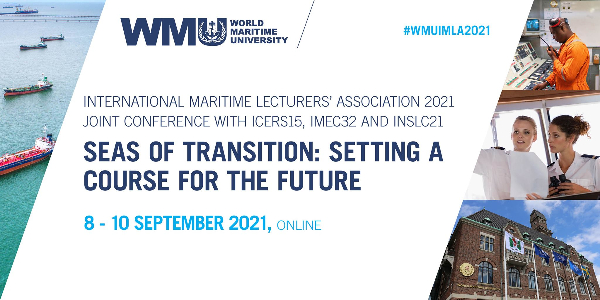Document Type
Paper
Publication Date
2021
First Page
90
Last Page
102
DOI
http://dx.doi.org/10.21677/imla2021.09
Abstract
Maritime Education and Training (MET) in Kenya has developed over the years at the university in addition to Technical and Vocational Education and Training (TVET) levels. However, despite the apparent growth, funding of MET is still a challenge. This is clear through lack of defined stakeholder engagement of key industry players and the government to guarantee sustainable training needs collaboration between the industry and the institutions is still a challenge. The paper investigates the challenges of funding for MET through a descriptive and analytical approach to address sustainability of MET in Kenya. Data was collected through the statistics for disbursements of Higher Education Loans Board (HELB) and institutional funding for public instructions of post-secondary training. A meta-analysis of fees paid by MET students to selected Maritime Training Institutions (MTIs) and Universities was used to determine the median for comparative analysis. The study revealed comparative challenges in funding of MET in Kenya in addition to lack of enabling policies to ensure funding. Study also revealed a lack of structures that define government and industry stakeholder roles in MET. In conclusion the paper recommends a scenario based approach to determining funding and development of enabling policies in MET in harmonising training.


